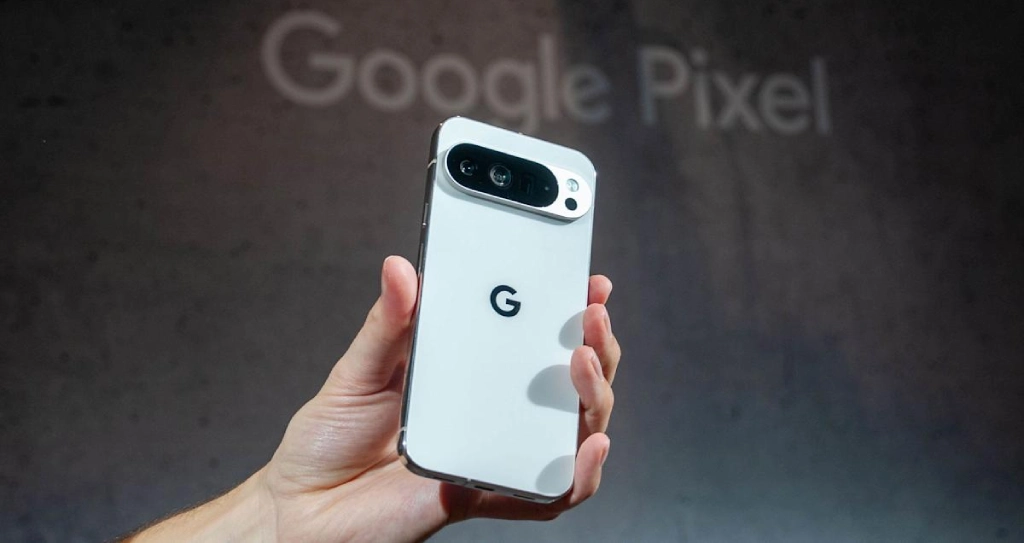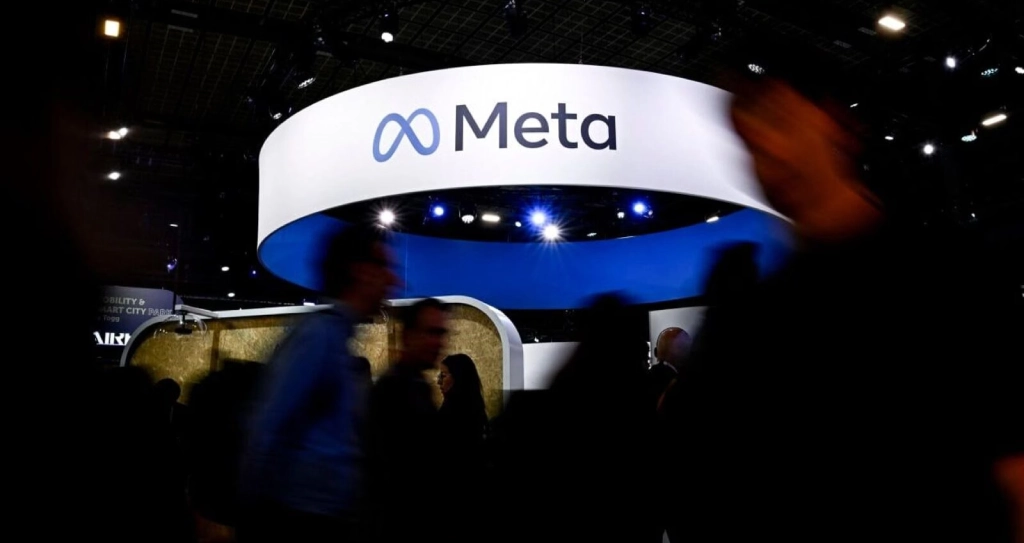Late-night presenter Jimmy Fallon yelled, “I P 6 8! I P 6 8!” while attempting—and failing to project enthusiasm for the upcoming Pixel smartphones. Fallon, who probably had never heard the technical phrase before, did not seem to understand that IP68, a classification that shows phones can withstand being submerged in water, is not a particularly compelling selling point and that Google’s Pixel series already has this water-resistance function. It has existed since the Pixel 3 in 2018. For comparison, we are now using the Pixel 10. In a bizarre moment that demonstrated the propensity to exaggerate anything related to advancements in artificial intelligence, Google made the decision to go all out for their Pixel 10 live presentation on Wednesday. Naturally, Google’s new phones are intriguing in and of themselves since they demonstrate how the company is incorporating AI into commonplace consumer tasks like texting pals, taking pictures, translating phone calls, receiving assistance in the real world, and more. However, Google felt out of touch after the embarrassing incident.Additionally, it implies that the business believed it needed publicity to make up for a lack of technological advancements, which is untrue.Google is moving faster than Apple to get AI into consumers’ hands through its devices, whether users like it or not.The tech company would have fared better if it had concentrated on it and provided instances from the actual world, rather of ones involving famous racecar drivers, basketball players, or Peloton figures. Rather, it used sponsored celebrity appearances to generate publicity, including those of Stephen Curry, the Jonas Brothers, podcaster Alex Cooper, and event host Jimmy Fallon. The end effect was a diluted, embarrassing, and occasionally nearly QVC-style sales event that Reddit users promptly labeled “unwatchable.” This was mostly due to Fallon’s performance. When he attempted to transition his silly latenight character to a business function, he came across as genuinely uninterested in the technology, which made an extravagant demonstration of definitely fake enthusiasm necessary. “This is thrilling.”It is like a Taylor Swift album announcement for nerds,” he started, disparaging the large number of viewers who would actually pay attention to hear about the newest developments in smartphones and artificial intelligence. Fallon interjected with trivial queries, such as what is meant by “agentic,” why everyone is talking about artificial intelligence in smartphones, and what is a “walled garden,” in an effort to represent the “average customer,” whoever Google’s marketing think that to be. These highlevel questions only led to crude answers from Google execs, including senior vice president of Platforms & Devices Rick Osterloh, whose remark, as Fallon said, sounded “made up(The title seems quite straightforward to us, especially in comparison to far more weird tech roles like chief happiness officer or digital prophet.) As a result, the answers were simplified for common users, even if they are likely highly curious in the models of AI being utilized, how they operate, and whether using AI on their own devices compromises their privacy. Fallon did not react or show any attention in the intriguing facts throughout the presentation, such as Osterloh’s announcement that Google’s AI helper Gemini would soon be available for its augmented reality glasses.He feigned being an enthusiastic user of some technology, such as Circle to Search, which allows users to search Google by tapping, circling, or highlighting anything on their screen, but in reality, he had just been shown how to use it. Fallon later displayed banners with statements regarding the superiority of Pixel phones from purported Reddit users. “This first individual says, ‘I feel like I am in the Stone Age whenever I am using a phone without Circle to Search,’” Fallon remarked. (Goddamn it, nobody said that.










